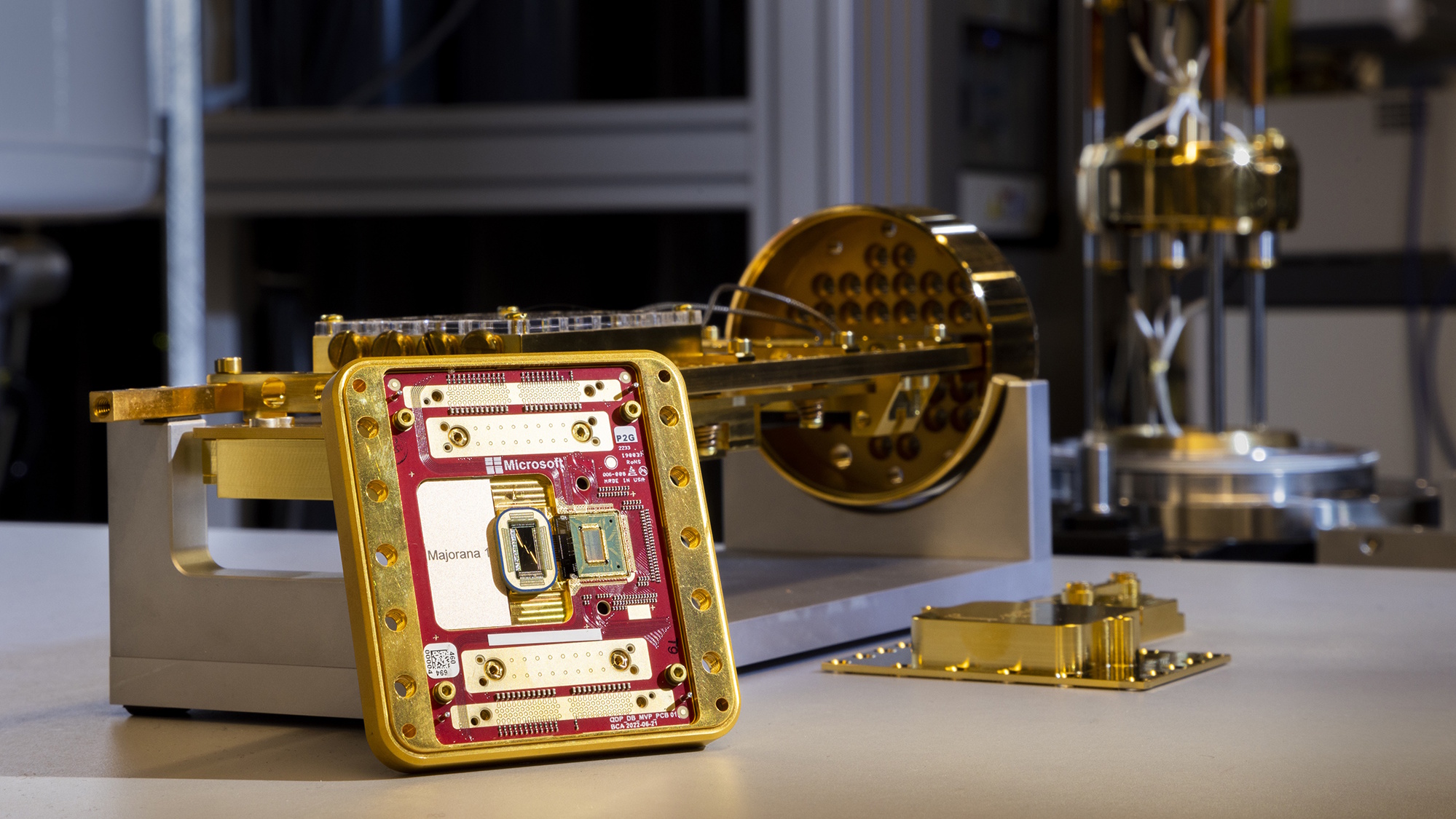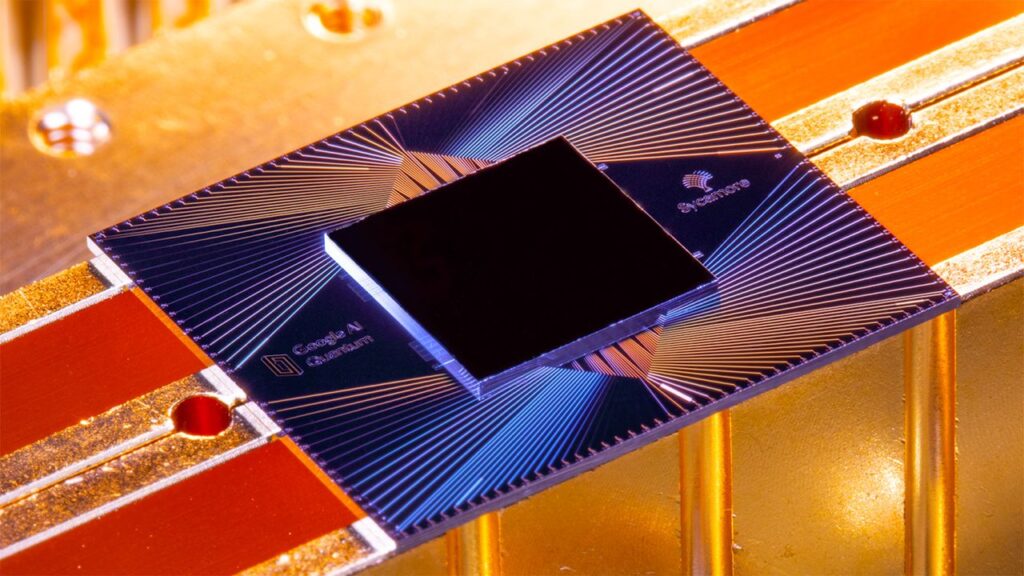With AI taking the lion’s share of the tech industry’s attention, it can be easy to forget about quantum computing. For a long time we didn’t really know whether quantum or AI would be first to make ripples, but AI’s giant waves quickly put that question to bed. Progress with quantum has been ticking along in the background though and still holds the promise of some mind-boggling improvements in computation.
To this end, according to the Wall Street Journal, the Trump administration is in talks with several quantum computing companies, discussing the possibility of funding them in return for the US government becoming a shareholder. These companies include IonQ, Rigetti Computing and D-Wave Quantum, and apparently there’s discussion of minimum funding awards of $10 million each, so say “people familiar with the matter.”
Quantum computing hasn’t seen the same kind of interest from the US government as AI and traditional chip production has; this is the first we’ve seen any big interest in quantum.
The US government took a stake in Intel earlier in the year, and now, finally, quantum might be getting a little bit of that state lovin’. Admittedly, if these discussions lead to action, it won’t be anything close to the $8.9 billion the administration bought into Intel—these quantum companies aren’t worth much more than that in total—but it won’t be nothing, either.
Unlike traditional computers, quantum computers allow for some funky and counter-intuitive math, as they use qubits rather than bits, which can hold states that are in some ways both 0 and 1. They hold probability states rather than actual states: a qubit is either more likely or less likely to be 1 or 0.

This allows for said funky math which can allow for calculations to be performed orders of magnitudes quicker than traditional computers—potentially billions of times faster for some purposes. Those purposes are very limited, but there’s hope that we might be able to expand the kinds of problems quantum computers are able to tackle over time.
The thing is, quantum is so different from traditional computing that it’s often difficult to assess just how much progress is actually being made. For instance, Google recently claimed it’s made a “major breakthrough” in quantum computing with an algorithm 13,000X faster than a traditional equivalent, but at least some physicists are sceptical.
We’ve seen plenty of scepticism surrounding quantum computing companies’ claims, such as the pushback against Microsoft’s claims about a supposed breakthrough with an “entirely new state of matter” used for its Majorana 1 chip.
Nevertheless, quantum holds such promise for revolutionary changes in some areas of computing, however soon that occurs, that I can see why the US government would want in on that action. Plus there are serious national security reasons why the government might want the US to spearhead quantum, such as the fact that quantum could potentially be incredibly powerful at cracking codes.
And sure, $10 million for each of these companies is peanuts compared to the billions that AI companies are dealing with, but it’s more the gesture that’s relevant here: the US government is leaning more into quantum. Even if useful quantum computing is a long way off, as Nvidia CEO Jensen Huang claimed at the start of the year, it’s a positive sign.




This is an interesting perspective on the evolving landscape of technology funding. It’s great to see quantum computing gaining some recognition amidst the AI hype. The potential for innovation in this field is truly exciting!
I agree, it’s fascinating how shifts in government support can impact emerging technologies. With the potential of quantum computing to revolutionize industries, it’ll be interesting to see how this funding might also encourage collaboration between startups and established companies.
Absolutely, it’s intriguing to see how government backing can influence the trajectory of industries like quantum computing. This kind of investment could accelerate research and development, allowing quantum technologies to catch up with AI in terms of practical applications. It’ll be interesting to watch how this plays out!